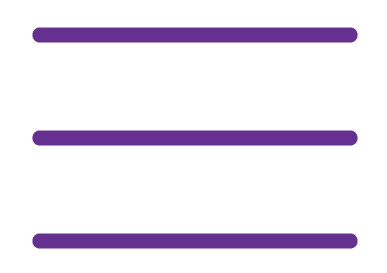Passing a job interview with human resources professionals is a very delicate and crucial step to getting the job. A good or bad interview with HR will define how far you will go in the interviewing process. Therefore, prepare well yourself by expecting what you will have.
Many career coaches prepare their job candidates on how to answer the most common questions asked by HR. They place their clients in situations similar to ones they will actually face and prepare them to attack their interviews and get the job.
Below are the most common questions asked by HR during interviews and the approach you should adopt.
1. Why are you interested in this position?
It is the HR professionals’ favorite question. Prepare its answer very well because it is your chance to go over your strengths and emphasize your competences and passion for the enterprise and the role. Highlight how your experiences fit the qualifications for the job. If you connect your skills to the job, you are helping the HR manager picture you in the position.
According to career coaches, a sample answer would be:
“Having worked within the financial services sector for five years, I have gained an appreciation for the power of client-facing roles in terms of my professional development and organizational impact. As a relationship manager in your firm, I envision bringing my ability to resourcefully optimize any given client’s portfolio as the best way I can help your company’s five-year strategic goal of retaining its client base at a 50% rate. I have done this in the past in X capacity while working for my previous employer and am confident that I can help you accelerate your current goals while growing my career.”
2. Tell me about yourself.
Avoid the typical chronological evolution of your background. Do a SWOT analysis within the context of a professional interview. Examine and study the sector, the company, and the job functions and search for opportunities to market yourself.
According to career coaches, a sample answer would be:
“I have been a sales manager for X years, with experiences that include being able to lead a sales force toward the accomplishment of aggressive goals. In light of your organization’s core strength in hiring the brightest salespeople, I would know exactly how to coach them to sell both new and legacy products in new markets quickly. While at Company X, I created the gold standard incentive program that resulted in helping us sell-in potential charge volume that exceeded our goals by 20% in both travel expenses and daily expenses. Prior to that, I worked at X where I completed X, etc. Side note: figure out the assets of the hiring firm or its needs and tailor your response accordingly.”
3. Why are you leaving your current job?
This question is very important for the HR professionals to see if there are any problems related to your departure. Are you leaving on good terms or bad? Are you looking to escape from your current job or grow within a new one? Use this question to speak positively of your current employer but emphasize that you consider this new job as the next step in your career. By answering positively, you make the interviewer concentrate on your potential contributions rather than any eventual problems.
According to career coaches, a sample answer would be:
“My business unit started with 50 full-time employees and today it has 10. While this reduction in personnel enabled me to highlight my ability to produce results with limited resources in an organization where management has turned over, I am interested in transitioning to an organization like yours where there is growth potential. For example, in my current role I managed to acquire 100K clients with only one other sales manager and a dwindling budget. In your company, I would be managing a team of 20 sales managers, where I stand to make a significant impact not only for your firm but on the firm’s market share.”
4. What do you know about the company?
Before going to the interview, make sure you have collected all the relevant information about the company. For instance, you need to know the history and makeup of the company, who the key players are, recent accomplishments and mentions in the press, etc… Speak about the positive information you gathered about the company, from awards to new product launches, to prove your knowledge.
According to career coaches, a sample answer would be:
“Your firm competes with firm A, firm B, and firm C in the U.S. My understanding is that you are better positioned in this area vs. firms A, B, or C. Meanwhile, firms B and C bring these strengths to the table. Given my skill set, I know that I can help you optimize your strength in this and offset the strengths that firms B and C plan to invest more heavily in during 2014. *Side note: the point is to be specific in how you’d use this information to drive results.”
5. What questions do you have for me?
ALWAYS prepare questions for the interviewer. This will show your strength and your enthusiasm. Also, by asking smart and strategic questions, you will position yourself as potentially valuable.





 close
close


























